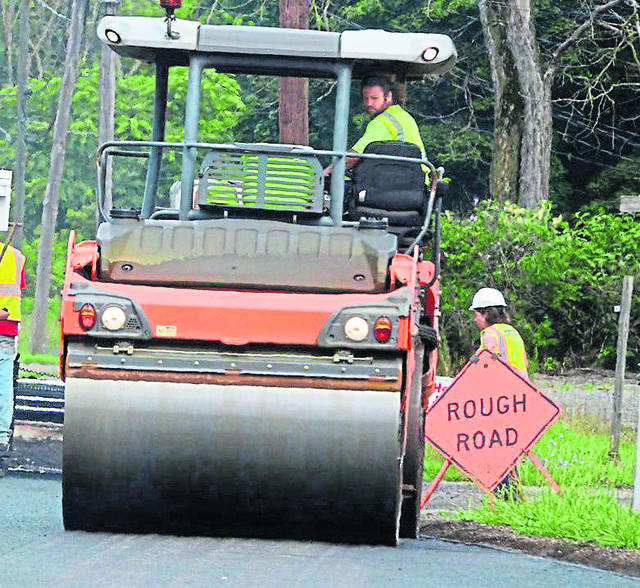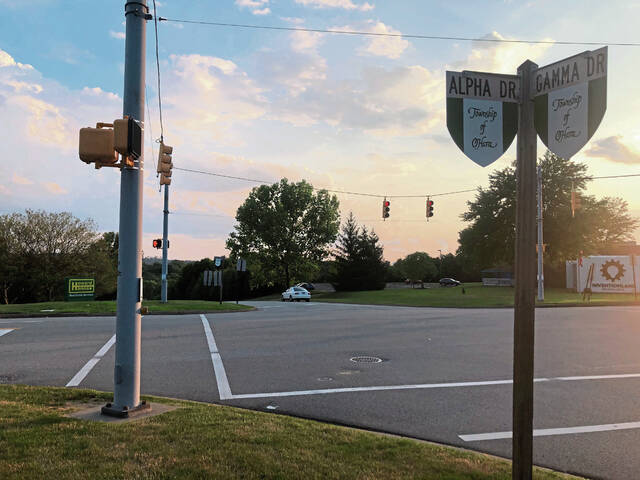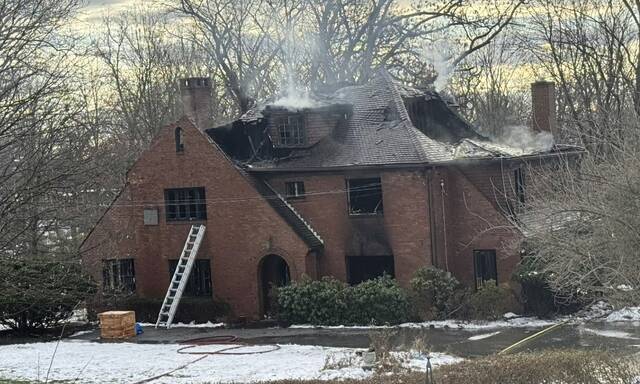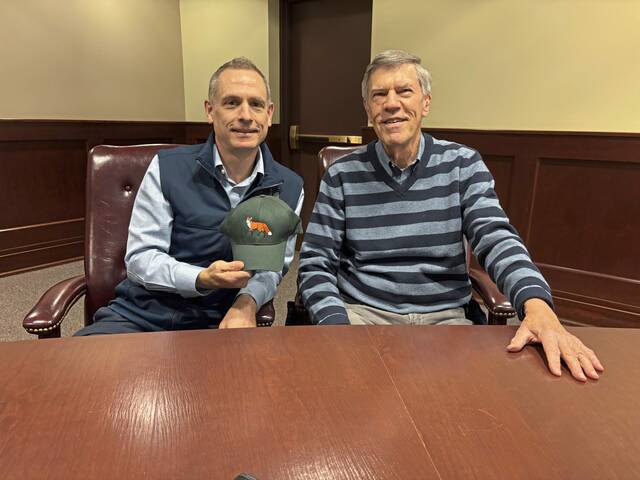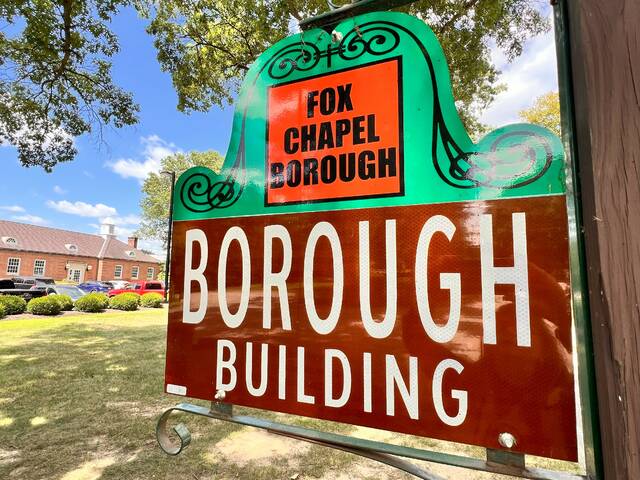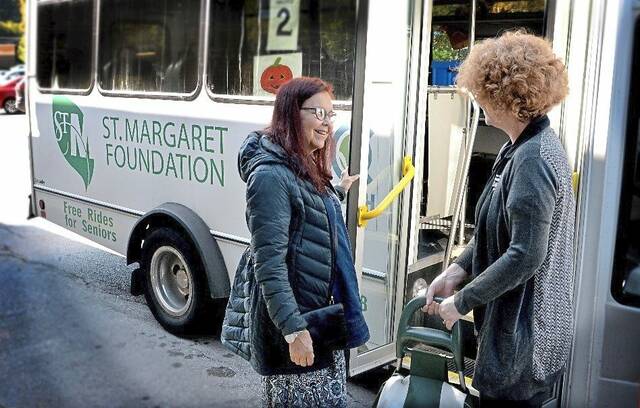Sharpsburg has joined a growing list of municipalities to ban coal tar, a chemical used to seal asphalt driveways and which has been linked to certain cancers.
“It’s so important that we do everything in our powers to leave the world in a better place than we found it, or at least our own little corner of the world,” Sharpsburg Councilman Jon Jaso said.
Coal tar is the black liquid commonly used to seal parking lots and playgrounds.
It is a potent source of Polycyclic Aromatic Hydrocarbon (PAH) contamination, according to the United States Geological Survey (USGS).
For example, used motor oil has 400 PAH contaminants per million particles — coal tar sealant has 17,000% more at 70,000 PAH.
According to the National Institutes of Health, coal tar has been linked to bladder, kidney and skin cancer. It is also irritating to the eyes, nose and throat.
“This is just one more nasty thing that we can get rid of,” Jaso said.
Sharpsburg was approached by Fox Chapel Councilwoman Mandy Steele, who is working to educate local governments on the risks of coal tar. Fox Chapel banned its use last year, becoming the first municipality in the state to do so.
“People are having parking lots and driveways sealed, and they don’t even know the level of toxicity they’re getting,” Steele said. “The problem is, it’s sticking to your shoes and coming into your house.”
Steele has made presentations to every community in the Lower Valley, and plans to meet with every municipal leader in Allegheny County.
She stressed the toxic impact of PAHs, which are carried in the rain to the Allegheny River and local streams.
“Our region is leading the state in passing legislation to protect the health of our residents and to prioritize clean water,” she said. This is really something to be proud of. We are fortunate to have exceptional leaders in our local governments that see the value in ridding their communities of this toxic threat.”
Etna and Aspinwall councils each are scheduled to vote on the issue in April.
Hampton and Shaler are considering an ordinance or resolution; Mt. Lebanon environmental advisory committee recommended a ban to its council; and O’Hara, Blawnox and Pine are all considering the move.
Up next for Steele are presentations to Cranberry, Ben Avon Heights, Bell Acres, Peters, Franklin Park, McCandless, Richland and Millvale.
Several cities across the country already have instituted a ban following an initial suit in Austin, Texas. Steele said there are safe alternatives to coal tar that are equally priced and last as long. One is an asphalt-based sealer.
Sharpsburg Councilwoman Karen Pastor approved the ban on coal tar because of scientific research that admonishes its effects on the environment, although she believes it could be difficult to monitor and enforce.
“My hope is that residents will do their homework before using any sealers or when hiring someone to do the work,” she said.


